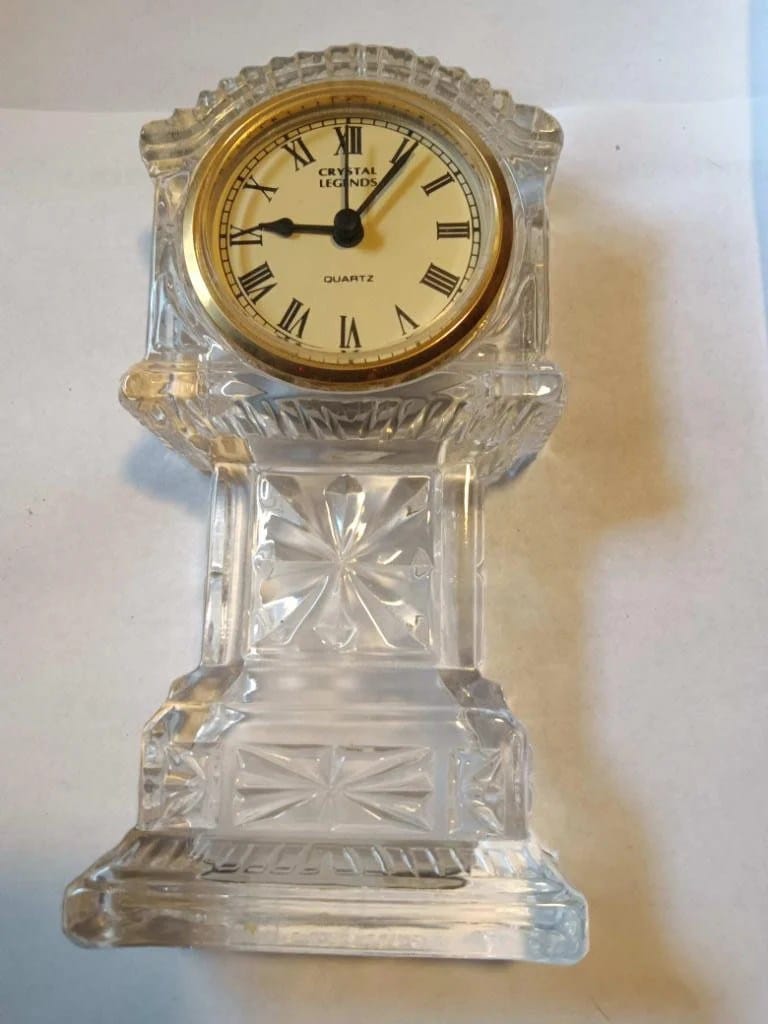Imagine a world without the precise, reliable tick of a quartz clock. Our smartphones wouldn’t sync, GPS navigation would be a distant dream, and even the humble wristwatch would be a luxury reserved for the elite. This is the world Warren Marrison, a Canadian engineer, revolutionized with his invention of the quartz clock in 1927. This article delves into the life and work of this unsung hero of timekeeping, exploring the historical context, technical details, and the profound impact of his groundbreaking invention.
From Telephone Signals to Timekeeping: The Genesis of the Quartz Clock
In the early 20th century, the burgeoning field of telecommunications demanded increasingly accurate timekeeping methods. Existing mechanical clocks, reliant on pendulums and balance wheels, lacked the precision required for reliable signal transmission. Enter Warren Marrison, a brilliant engineer at Bell Telephone Laboratories, who recognized the potential of quartz crystals to solve this critical challenge.
Quartz crystals, known for their piezoelectric properties, generate an electrical charge when subjected to mechanical stress. Marrison theorized that by incorporating a quartz crystal resonator into an electronic oscillator circuit, he could harness the crystal’s incredibly stable vibrations to regulate timekeeping with unprecedented accuracy.
In 1927, Marrison’s groundbreaking invention, the world’s first quartz clock, became a reality. This revolutionary device, far exceeding the limitations of its predecessors, marked a paradigm shift in the world of timekeeping.
Accuracy Redefined: The Impact of the Quartz Clock
The invention of the quartz clock ushered in a new era of precision timekeeping, rippling across numerous fields:
- Telecommunications: Quartz clocks provided the stable frequency standards essential for reliable radio transmissions and the development of modern communication networks.
- Navigation: Accurate timekeeping is paramount for navigation. Quartz clocks became instrumental in the development of radar and other critical navigation systems.
- Scientific Research: The unprecedented accuracy of quartz clocks enabled groundbreaking scientific advancements by facilitating precise measurements across diverse disciplines.
Marrison’s invention had democratized accurate timekeeping. The affordability and reliability of quartz clocks led to their widespread adoption, from scientific laboratories and observatories to homes and businesses.
Inside the Quartz Clock: The Piezoelectric Effect
At the heart of every quartz clock lies a tiny, unassuming quartz crystal. But don’t let its simplicity fool you; this crystal holds the key to the clock’s remarkable precision. This precision stems from the piezoelectric effect, a unique property of certain materials, including quartz.
Here’s how it works:
- Mechanical Stress: When a quartz crystal is compressed or stretched, its internal structure generates an electrical charge.
- Electrical Oscillation: This electrical charge, when applied to an electronic oscillator circuit, causes the quartz crystal to vibrate at a highly stable and specific frequency.
- Timekeeping: These stable vibrations act like a highly accurate tuning fork, providing the timekeeping mechanism for the quartz clock.
The stability of these vibrations is crucial. Unlike pendulums affected by gravity and temperature, quartz crystals maintain their frequency with remarkable consistency, making quartz clocks exceptionally accurate.
Beyond the Wristwatch: The Enduring Legacy of Quartz Timekeeping
While the wristwatch may be the most ubiquitous example, the impact of quartz clock technology extends far beyond our wrists.
- Atomic Clocks: Although atomic clocks are now considered the pinnacle of timekeeping accuracy, they owe a debt to the quartz clock. The development of atomic clocks relied heavily on the precision and stability of quartz oscillators.
- Computers and Electronics: Quartz crystals are vital components in computers, smartphones, and countless electronic devices. They provide the precise timing signals necessary for these devices to function correctly.
- Global Navigation Satellite Systems (GNSS): GPS and other GNSS technologies rely on the extreme accuracy of atomic clocks, which themselves often use quartz oscillators for stability and signal processing.
Warren Marrison: A Legacy of Precision
Warren Marrison’s invention of the quartz clock was not merely a technological advancement; it was a paradigm shift that redefined our relationship with time itself. His work paved the way for countless technological marvels we take for granted today. From the synchronization of global communication networks to the precision of GPS navigation, Marrison’s legacy of precision continues to shape our modern world.
While his name may not be as widely recognized as other inventors, his impact on our daily lives is undeniable. Warren Marrison, the father of modern timekeeping, deserves to be celebrated for his quiet brilliance and the enduring legacy of his groundbreaking invention.
Explore the fascinating etymology and cultural significance behind the name Uriah. uriah name meaning
- Wells Fargo Routing Number 122000247 (Minneapolis): A Complete Guide - December 23, 2024
- Stoneskin 5e: A Comprehensive Guide to Mastering the Spell - December 23, 2024
- Summon Draconic Spirit 5e: A Comprehensive Guide to Draconic Companions - December 23, 2024














